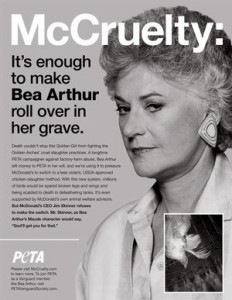Editorial: ‘Final Wishes’ Veto is Cold, Calculating
At time of death, we can be kinder to same-sex couples.
Star Tribune (May 24, 2010)
Last week, Minnesota Governor Tim Pawlenty vetoed a bill that would have given same-sex partners in long term relationships the legal right to the other partner’s dead body for funeral arrangements and final disposition of the remains. I wrote about the veto on Death Ref (Governor of MN to Gays and Lesbians: You Cannot Claim Your Partner’s Corpse) and discussed how Pawlenty’s decision was very similar to a veto issued by the Governor of Rhode Island.
The Minneapolis Star Tribune has now weighed in on the veto with an Editorial. I totally agree with what the Editorial Board says and with its critique of Pawlenty’s rationale for vetoing the bill.
Here is the Editorial’s key section:
“Currently a person can, by executing a will, designate who shall be empowered to control final disposition of his or her remains,” Pawlenty wrote in his letter explaining his veto. “This bill therefore addresses a nonexistent problem.”
That’s not the reality, say some who have lived through the death of a partner, only to face technical entanglements that kept them from carrying out their final wishes.
“We had done what we thought was everything we could possibly do,” said Tim Reardon of Golden Valley, recalling the legal preparations he and his partner Eric Mann made before Mann’s death in 2006. “The myth is that you can legally take care of all that stuff.”
Reardon’s inability to carry out Mann’s wishes, until his partner’s understanding parents intervened, is an example of why the bill is needed. “To have to hear, after your partner is dead and you’re absolutely physically and emotionally spent, somebody say, ‘I’m sorry, your relationship is not recognized,’ it strikes this deep kind of disbelief. It’s just such a crazy violation of our rights, our dignity, of our respect.”
It’s heartless to put our fellow citizens through such heartache. And it’s unfair to make same-sex couples hire attorneys to get the same rights as married couples.
Governor Pawlenty’s veto is part of a larger battle that will lose the war. Marriage and all its benefits, including the right to a deceased, same-sex partner’s corpse, is on the horizon.


